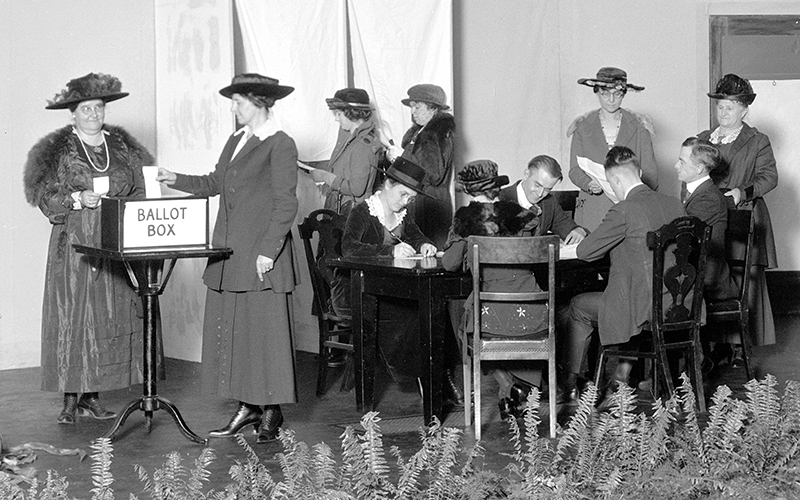…And now the “96 percent”
Yesterday’s post ended with an allusion to the “Hidden Welfare State” and the world of tax expenditures. Households across all income categories are the beneficiaries of government assistance programs, and the oft-reported 49 percent who receive some type of government benefit is true only in a narrow sense. So, in the end, how many of us actually […]












